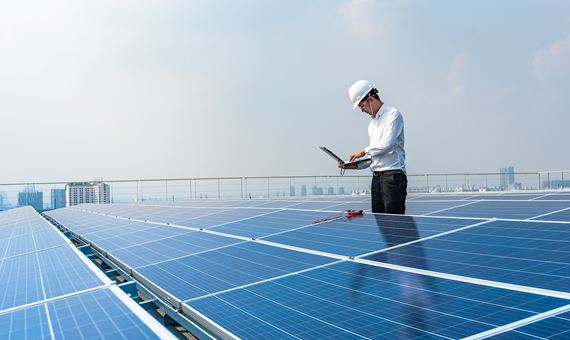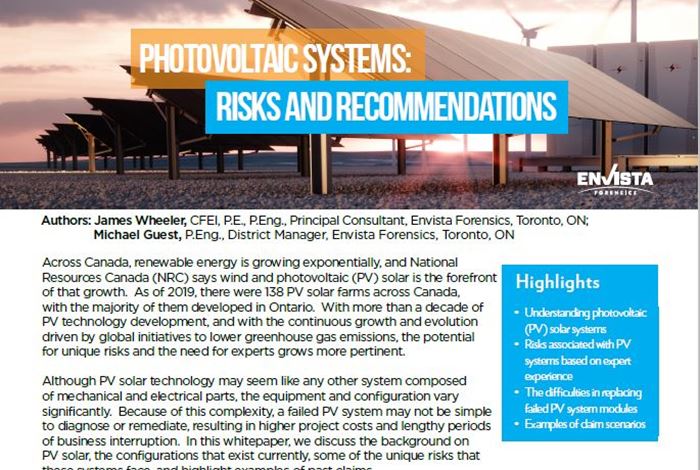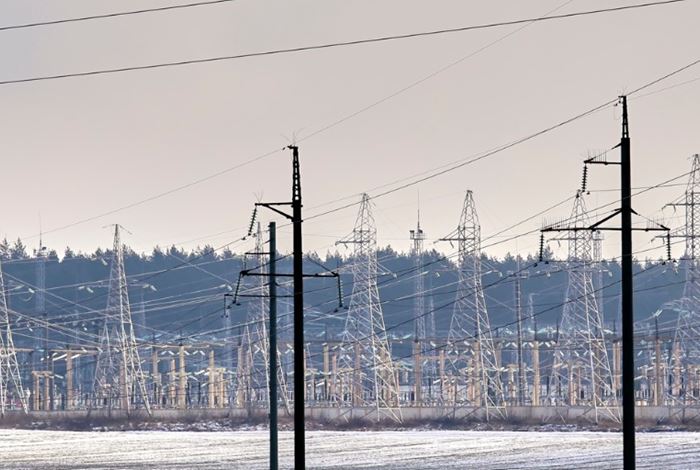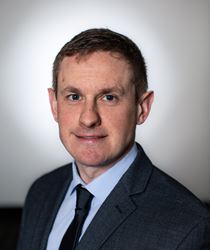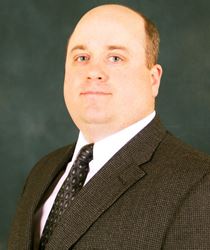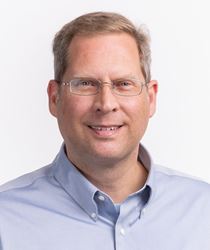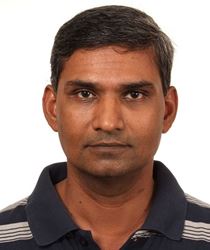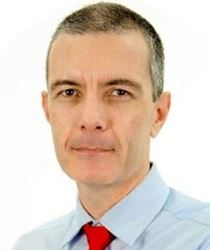Renewable Solar Energy Engineering
According to the International Energy Agency, solar energy is expected to fuel 60% of renewable energy growth by 2025. More than a decade of solar technology development has been driven by global initiatives to lower greenhouse gas emissions and increase sustainability. However, even though solar energy is affordable and has a low impact on the environment, there are unique risks associated with this industry.
Solar technologies may seem like other systems composed of mechanical and electrical parts, but their equipment and configurations can vary significantly. When these systems fail to work or become damaged, you need an expert who is knowledgeable in their design, configuration, and operation to assess why that failure occurred.
Envista's solar energy experts investigate losses including:
- Solar modules crystallin deficiency (micro-cracking)
- Inverter failures, central, micro, and sting type
- Optimizer and rapid shutdown device failure
- Racking system, tracker, and pile failures
- Heat exchanger and thermal oil failures
- Parabolic trough and mirror failures
- Balance of plant failure, including transformer, switchgear, and cabling
Solar Experts
Forensic energy engineers who specialize in renewable energy and solar array losses are typically electrical or mechanical engineers by degree. They understand energy production systems as a whole, possess specific knowledge of their construction, operation, and maintenance, and understand the energy supply marketplace.
PV modules convert sunlight into electricity (voltage) in a process known as the PV effect. These systems power cars, houses, commercial buildings, or even supplement power grids. In a utility-scale solar array, more than 100,000 PV modules may be present. Many failures involve these PV modules, but many also involve transformers, inverters, or switchgear where no modules are lost. It's crucial to have an engineer that understands all the elements of these complex systems.
In addition to PV systems, Envista's experts also consult on concentrated solar power (CSP) systems. These CSP systems primarily exist as large power plants that operate much like a single cycle or combined cycle generating plant. CSP technology works in two parts. First, it uses mirrors to reflect and concentrate sunlight onto receivers that collect solar energy. The heat of the solar energy is transfer to a thermodynamic fluid that is then passed through a heat exchanger to create steam. The steam is then supplied to a steam turbine to produce electricity. Our energy experts understand heat transfer, steam production, electric generation, and transmission, as well as the balance of plant equipment necessary for complete system operation.
Our solar energy experts consult with insurance companies, businesses, and law firms on solar-related matters involving:
- Design or installation
- Construction inspections
- Liability issues
- Incident origin and cause
- Remediation and re-construction post failure
Please visit our expert directory.

